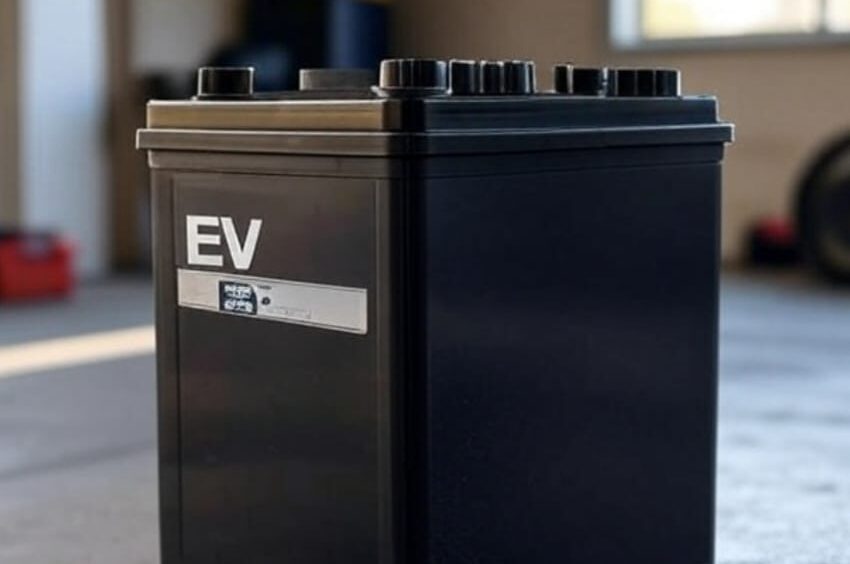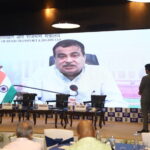India Eyes Battery Recycling To Reduce Import Dependence Amid EV Surge

National policies and incentives are critical to fast-track India’s battery recycling and secure critical minerals
As electric vehicles and consumer electronics fuel unprecedented demand for batteries, India is increasingly looking to recycling as a means to secure its domestic supply of critical minerals, industry leaders said on Friday.
Recyclekaro, an e-waste management and lithium-ion battery recycling firm, hosted a virtual panel discussion on “Securing India’s Battery Supply Chain: A Strategic Imperative,” highlighting both the opportunities and challenges in reducing the country’s dependence on imported raw materials.
Prassann Daphal, Chief Executive Officer of Recyclekaro, said India’s rapid adoption of electric vehicles, combined with rising electronics consumption, has placed pressure on the supply of lithium, cobalt, and nickel. “While mining operations are expanding, commercial-scale output will take years,” he explained. “Recycling offers an immediate and scalable pathway to recover these materials domestically, strengthen the circular economy, and reduce import reliance.”
Policy support will be critical, he added. Initiatives such as the National Critical Mineral Mission, alongside subsidies for recycling infrastructure, aim to accelerate domestic recovery. Academic and industry collaborations, fostered by the Ministry of Mines’ Centre of Excellence, are advancing technologies that improve efficiency and recovery rates.
According to Daphal, strategic recycling could lower India’s raw material import dependency by up to 30 per cent. “Alternative chemistries like sodium-ion and hydrogen fuel cells are emerging, but lithium-ion batteries will continue to dominate electric vehicles, energy storage, and consumer electronics for the foreseeable future,” he noted.
The panel also highlighted the need to expand advanced recycling capacity. Of the roughly 300 recyclers registered with the Central Pollution Control Board, only a handful meet R4 standards capable of refining black mass into usable materials – a crucial requirement to supply India’s future gigafactories.
Recyclekaro operates one of India’s largest integrated recycling facilities in Palghar, Maharashtra, processing 24,000 tonne of e-waste and 10,000 tonne of lithium-ion batteries annually. The plant recovers lithium, cobalt, nickel, copper, gold, and silver with over 95 per cent efficiency. The company is planning to scale capacity further and produce cathode-grade materials, including lithium iron phosphate (LFP), enabling direct supply to domestic cell manufacturers.
Industry experts said such steps are vital for India’s ambitions in the global battery and EV market. Without robust domestic recycling and material recovery, the country could remain vulnerable to international supply shocks and price volatility, especially as global competition for critical minerals intensifies.

























































































































































































































































































































































































































































































































































































































































































































































































































































































































































































































































































































































































